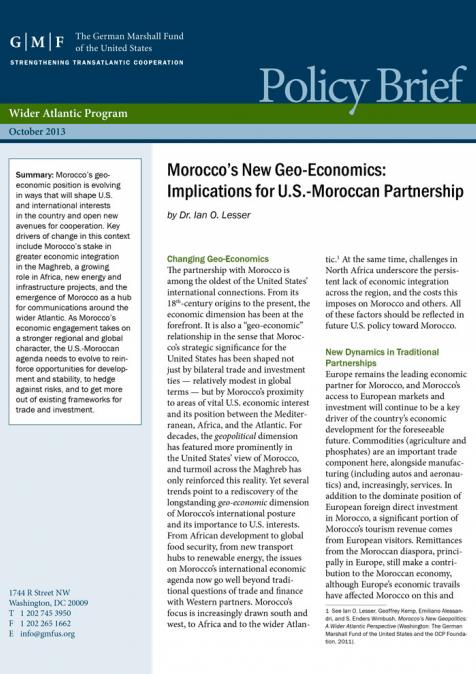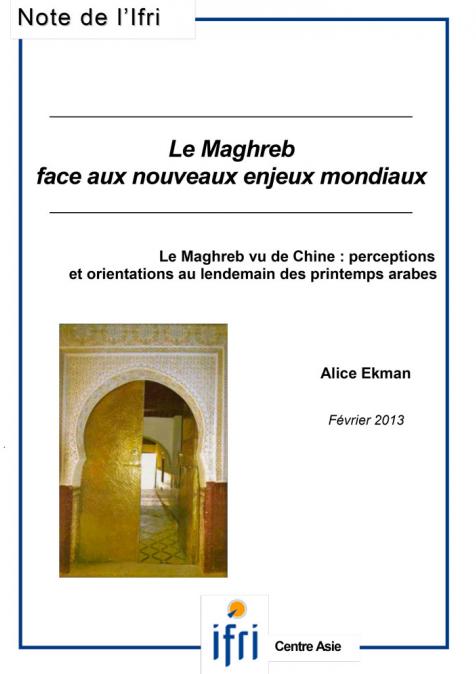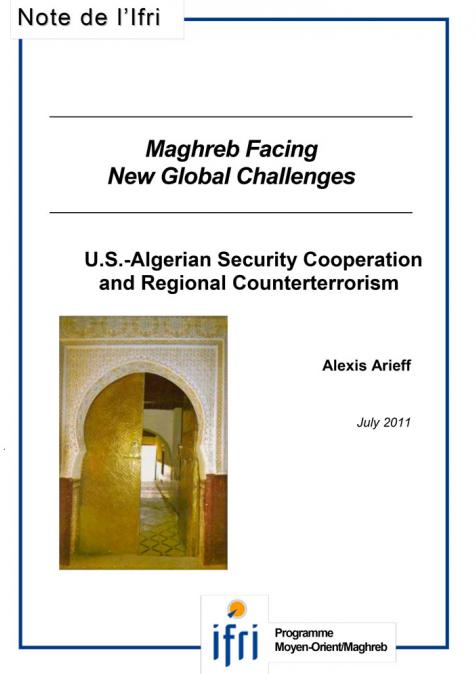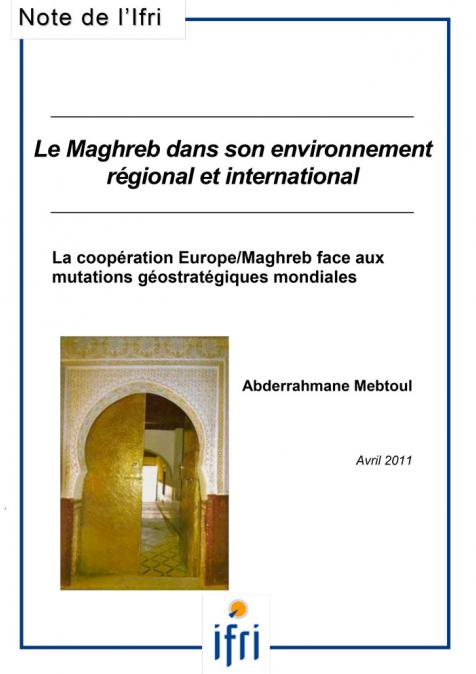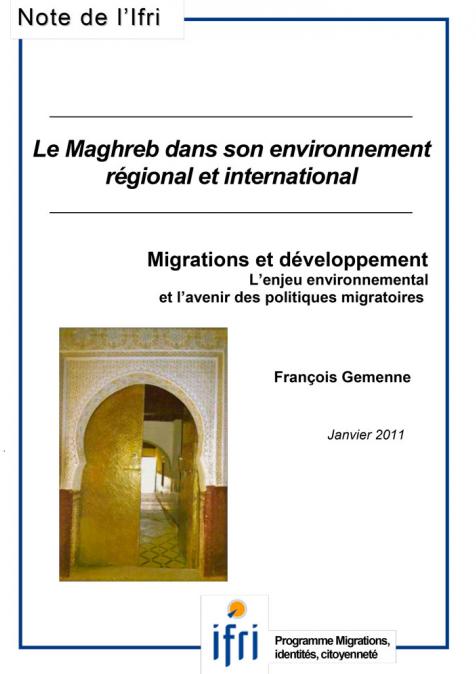Publications /
Policy Paper
The word ‘occupation’ was used twice specifically to the Saharan Provinces in UN General Assembly resolutions in 1979 and 1980. Though the word has not been used by the General Assembly since, it has appeared in court rulings in the EU, the UK and South in a detrimental conclusion regarding Morocco’s sovereignty over the Saharan Provinces. This paper shall start with a consideration of international law in order: to differentiate occupation of a nonself- governing territory from occupation of a territory under the sovereignty of a State. The conclusion of no ‘military occupation’ in the Saharan Provinces shall, however, remain the same. Then, the context within which the word ‘occupation’ was used in General Assembly resolutions shall be considered. This paper shall also examine why the courts had no choice but to use the extraordinary word. Drawing on examples including imprudent use of the word in 2016 by former UN Secretary-General Ban Ki-moon and a controversy in 2020 over South Africa’s use of the word, it shall be concluded that the word was not used as a legal term, but rather abused for political or ideological purposes.



